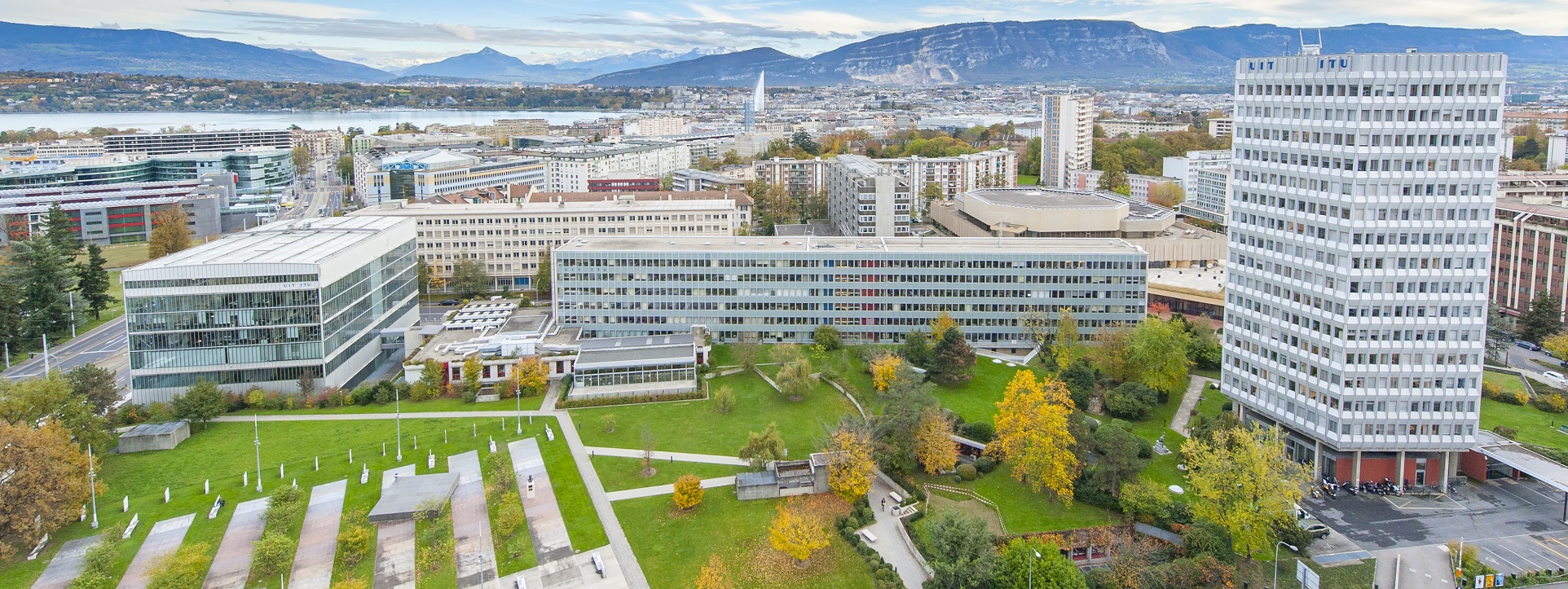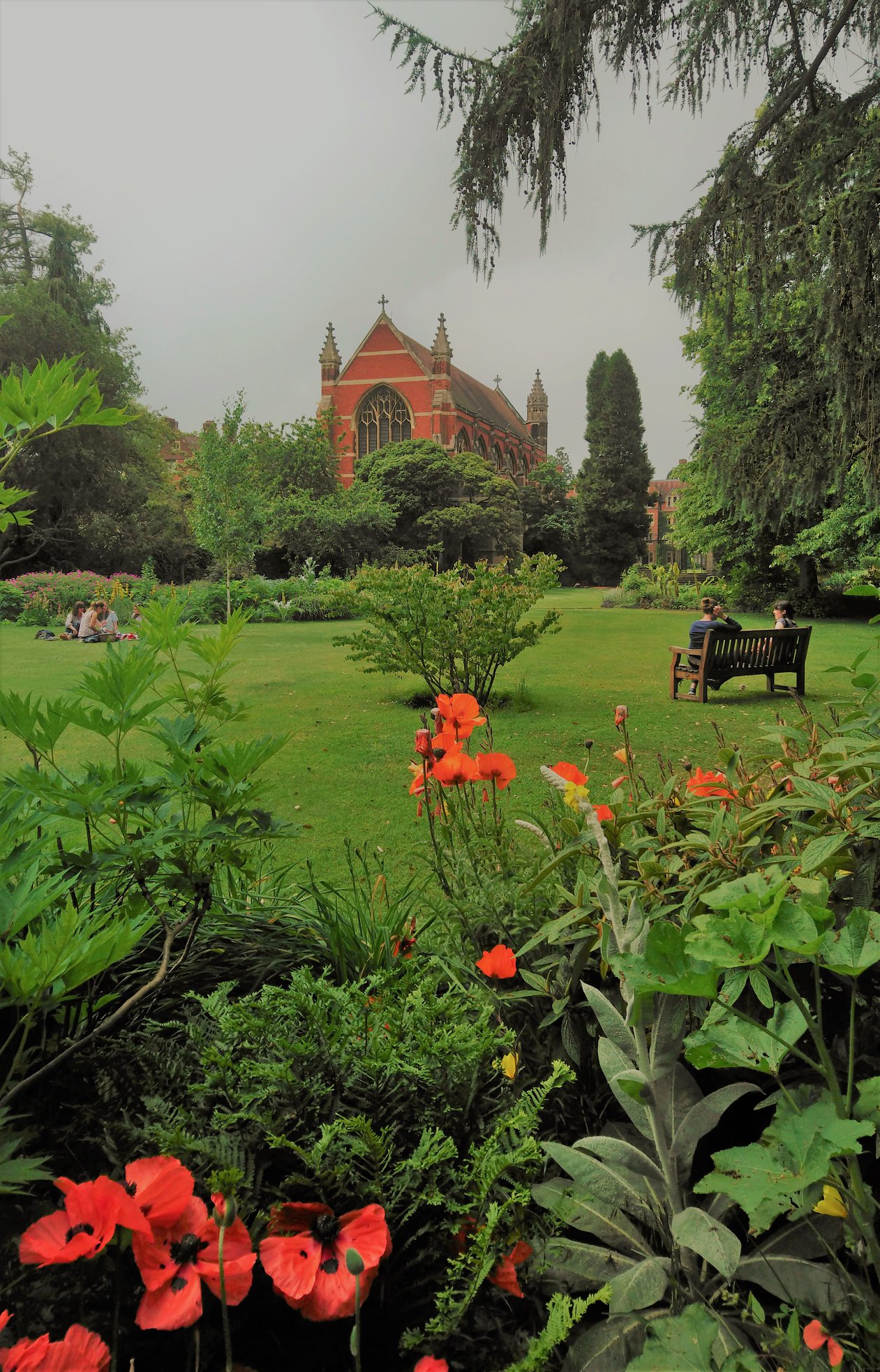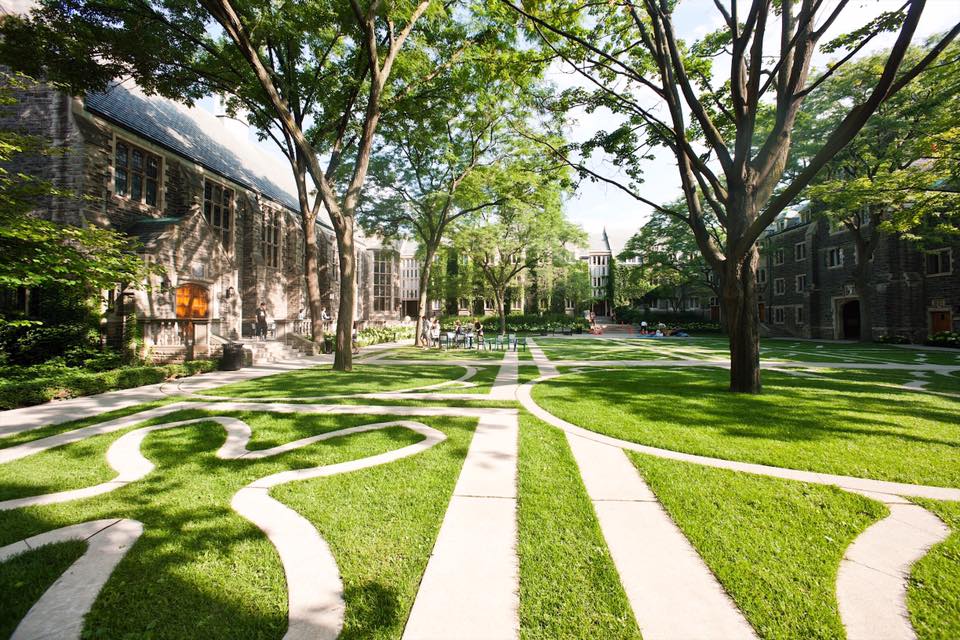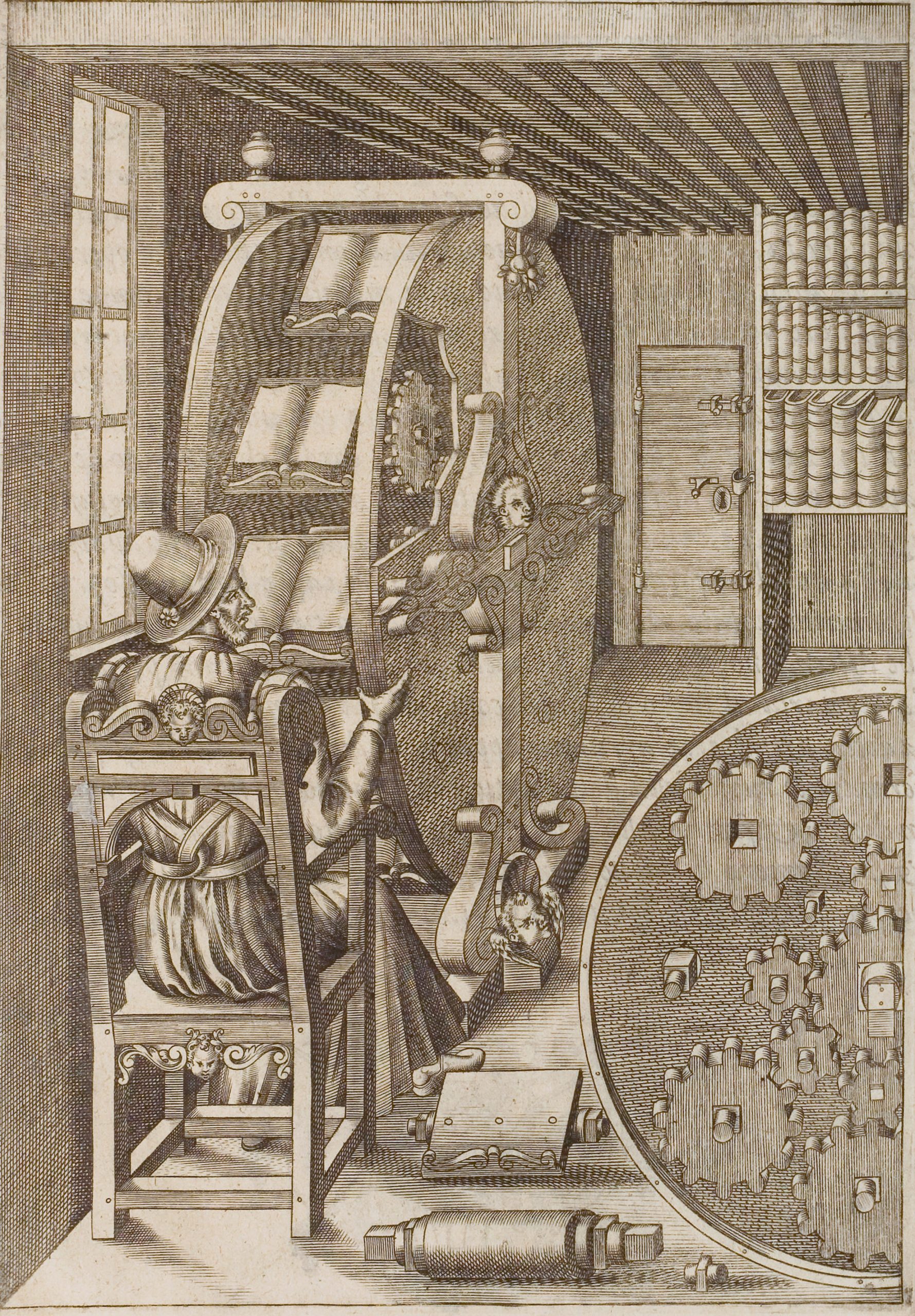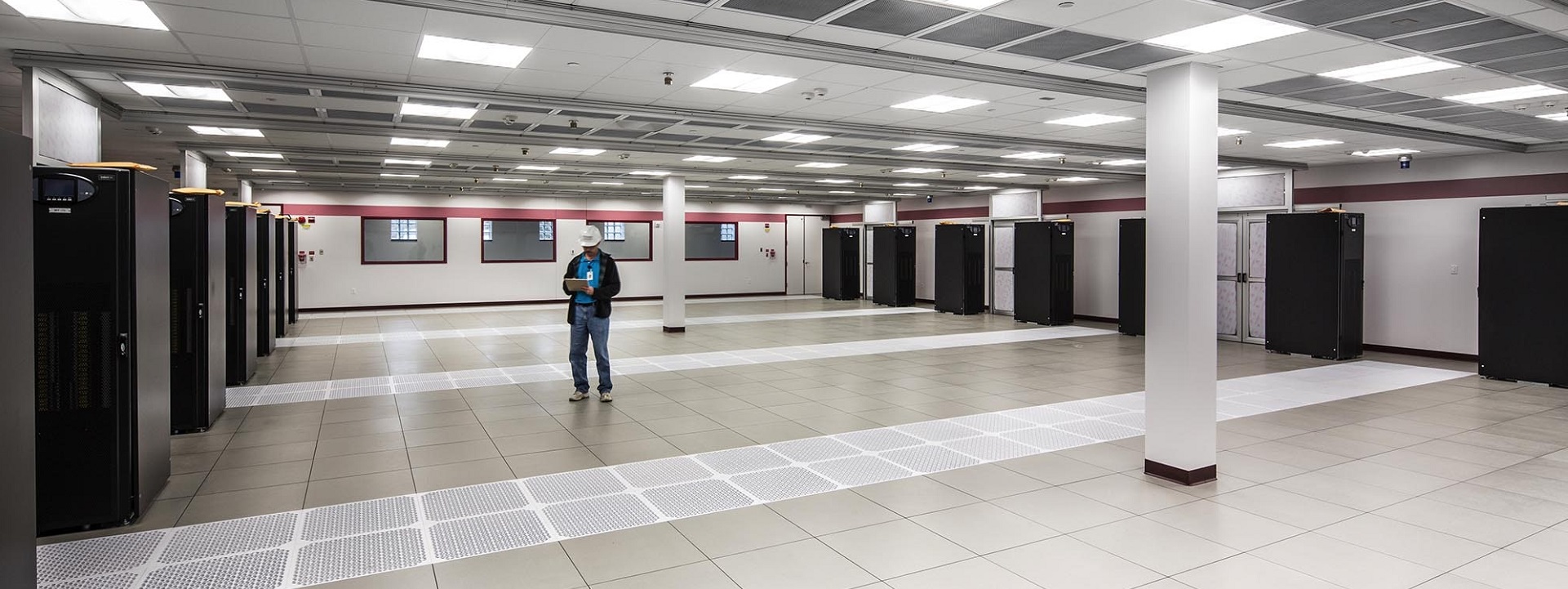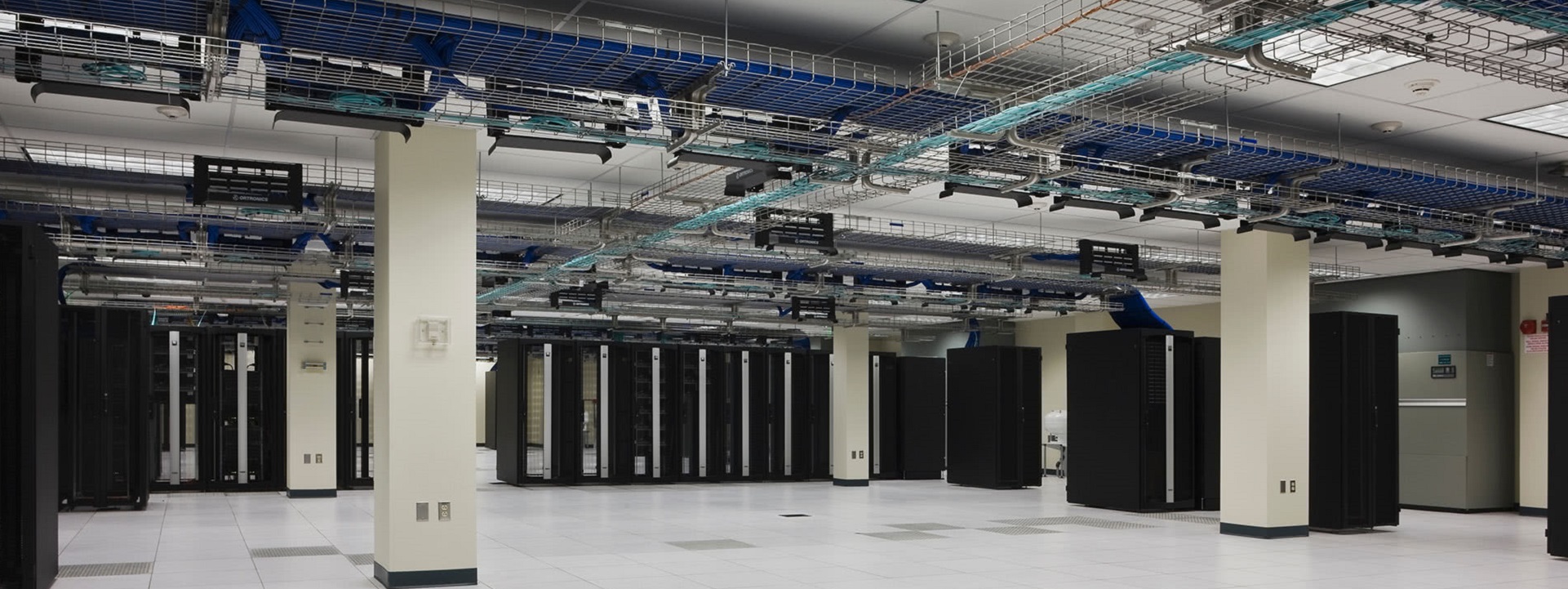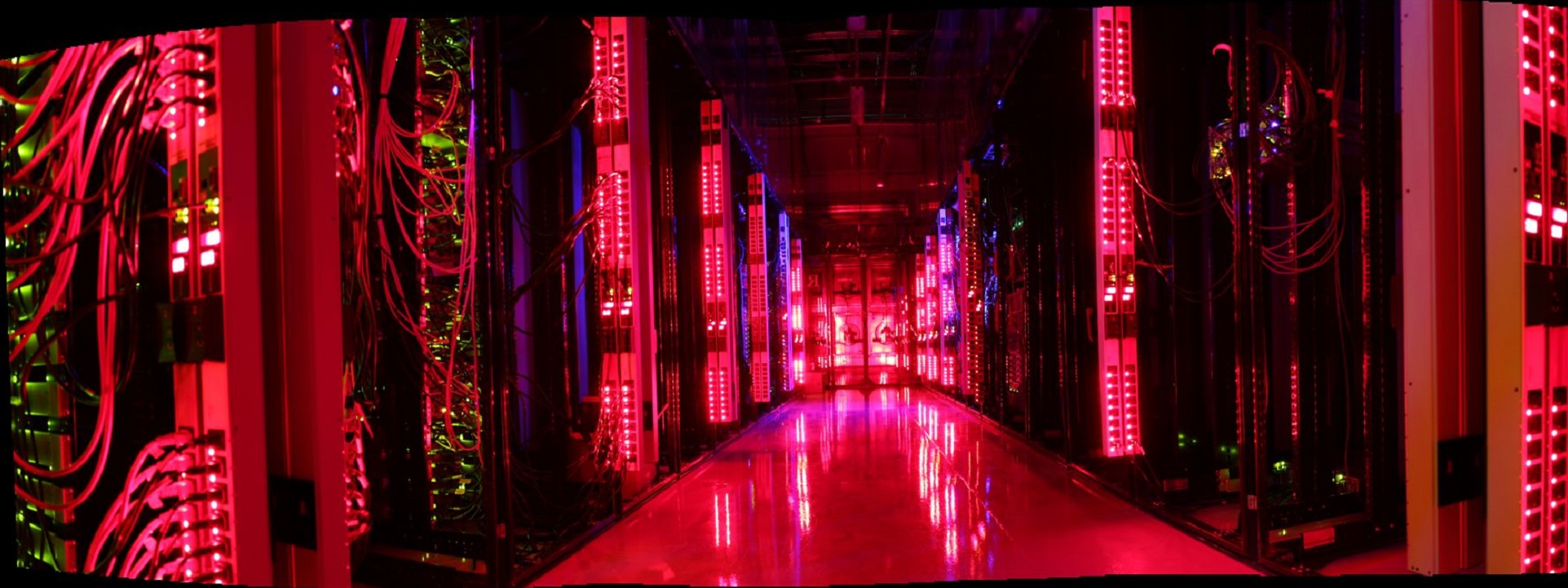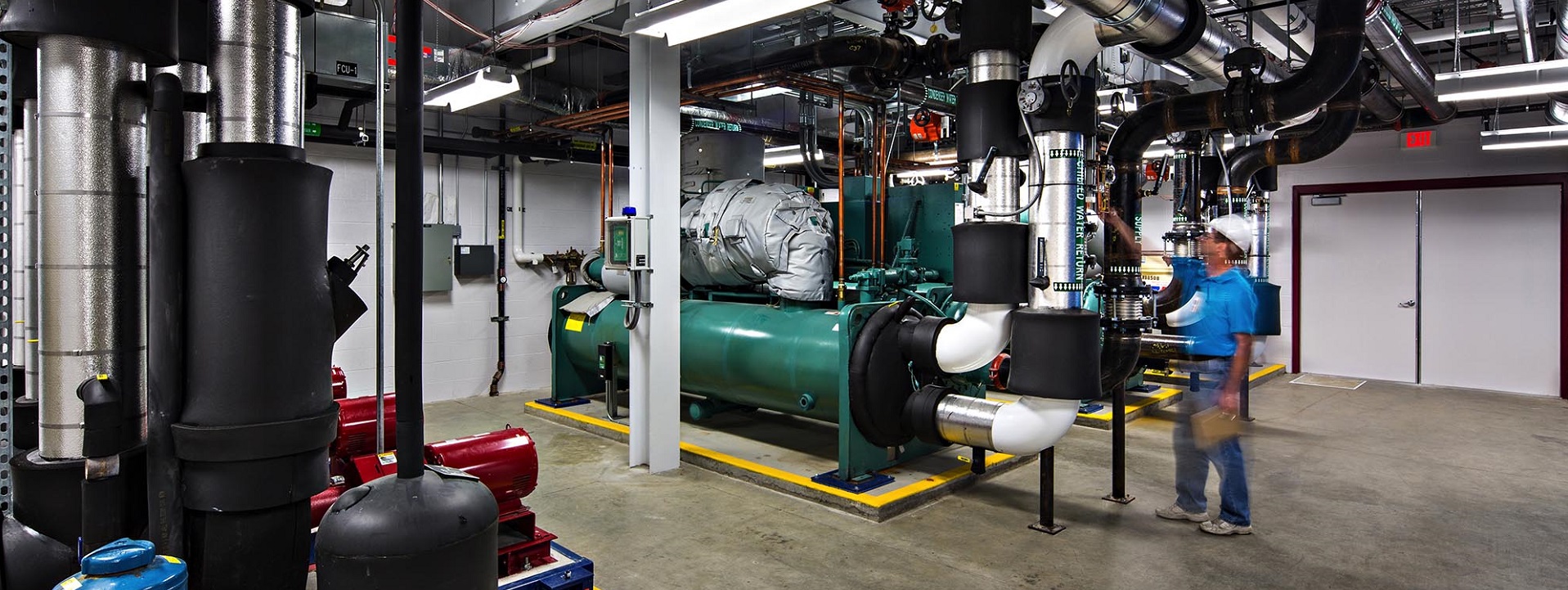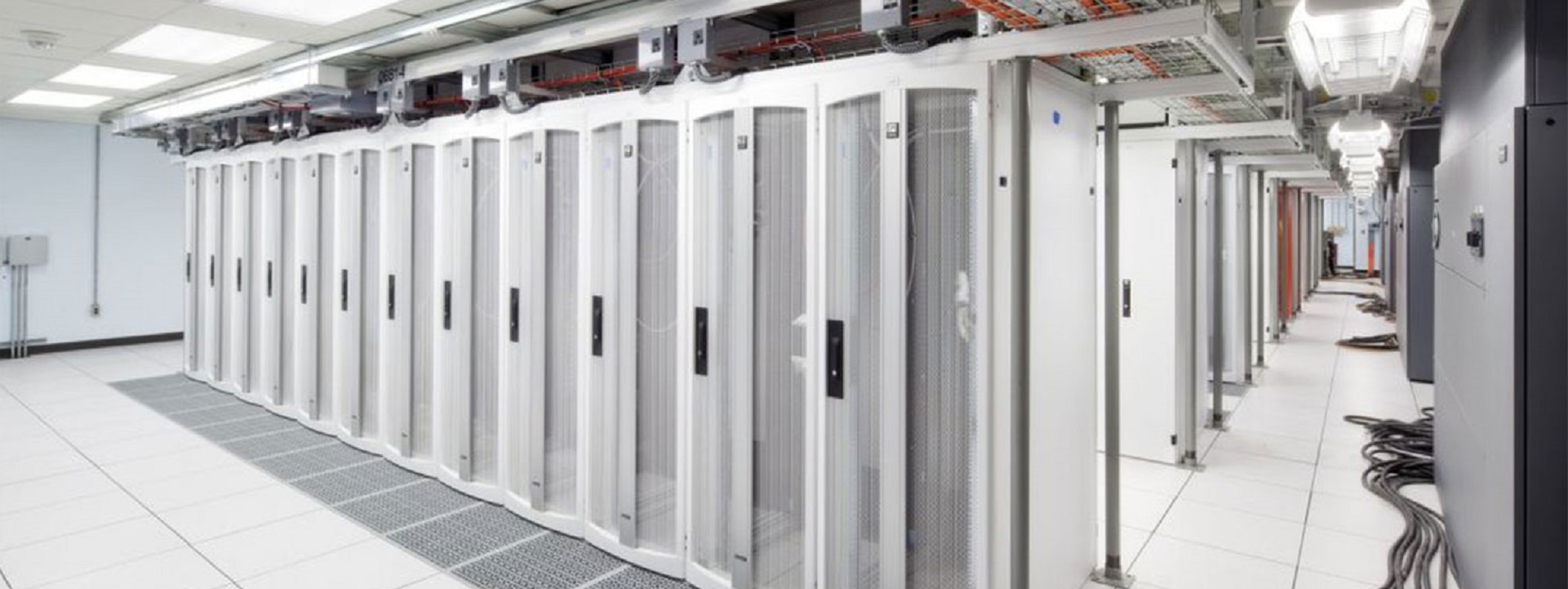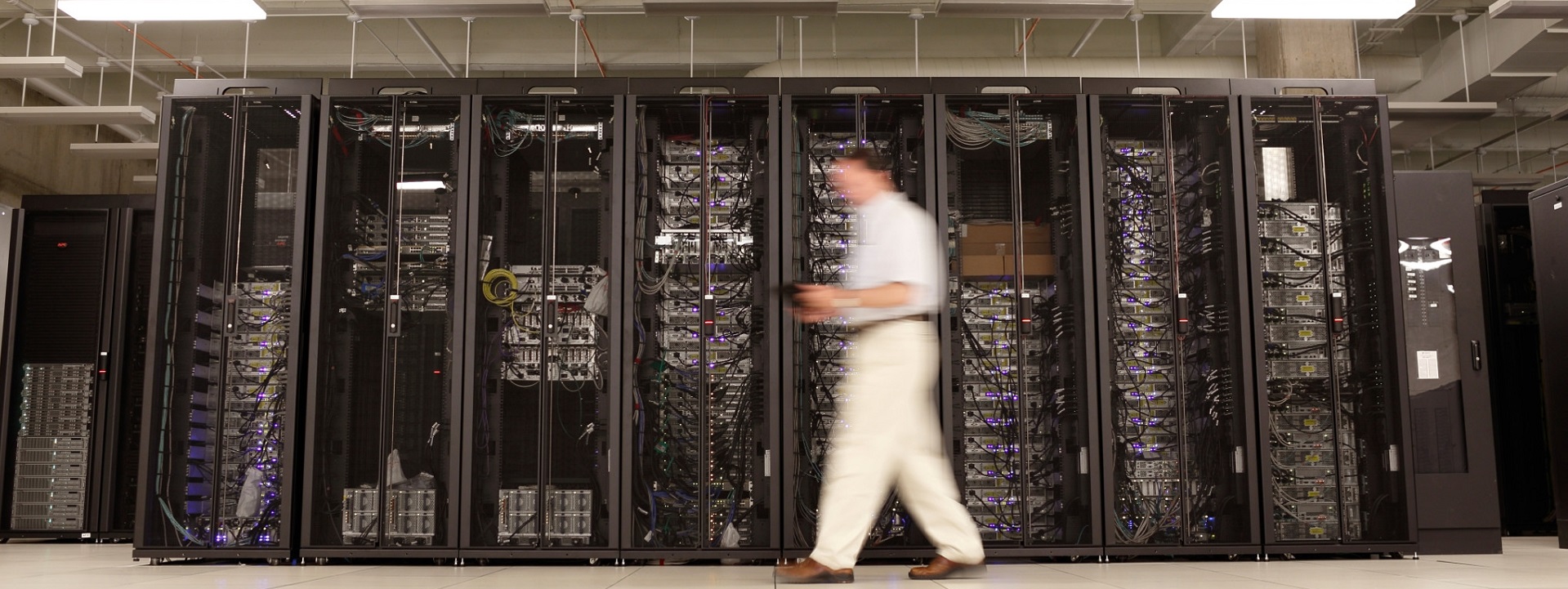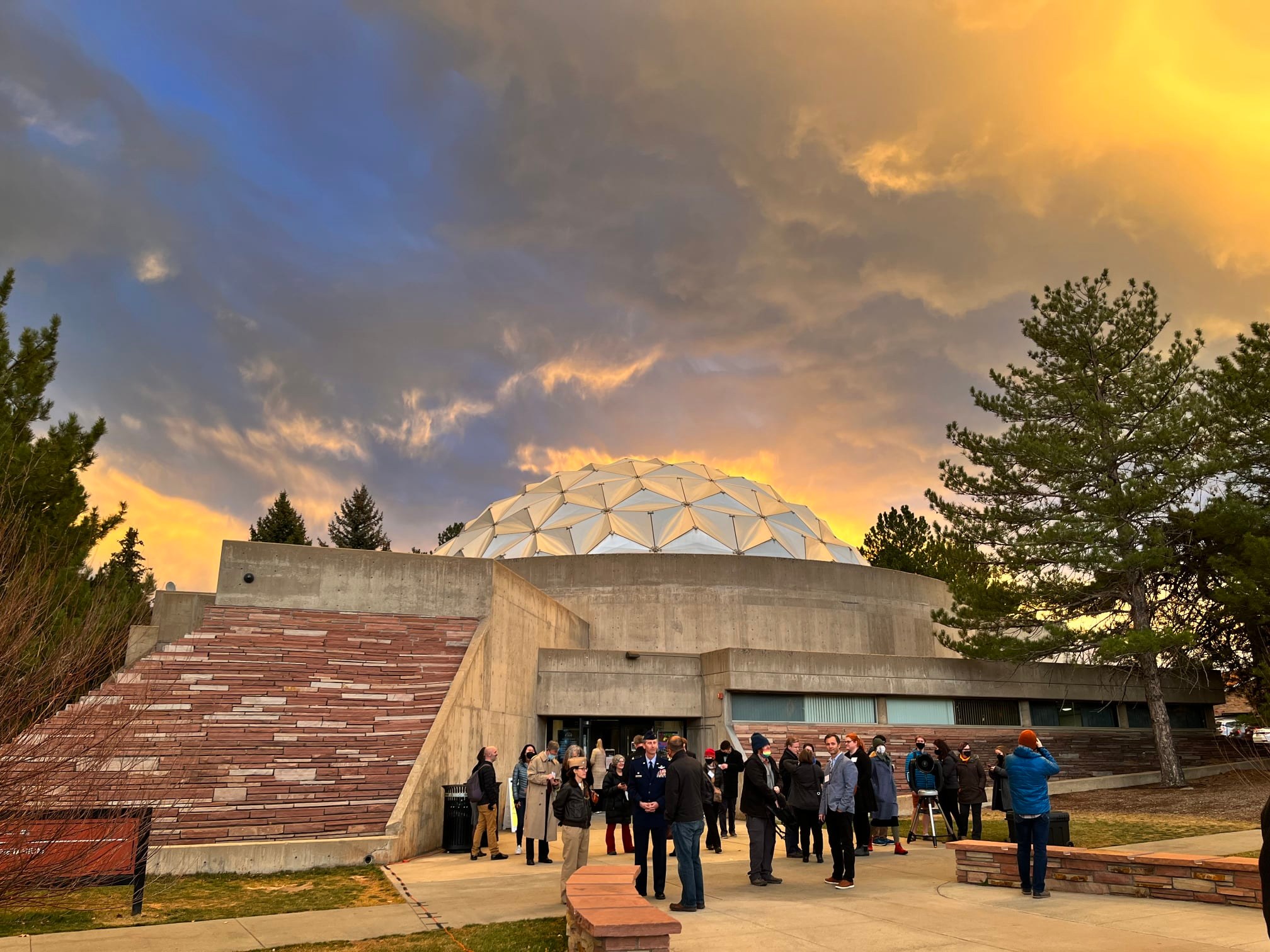IEC technical committees and subcommittees Ω SMB Tabulation
Much economic activity in the global standards system involves products — not interoperability standards. Getting everything to work together — safely, cost effectively and simpler — is our raison d’etre.
Manufacturers, testing laboratories, conformance authorities (whom we call vertical incumbents) are able to finance the cost of their advocacy — salaries, travel, lobbying, administration — into the cost of the product they sell to the end user (in our cases, estate managers in educational settlements). To present products — most of which involve direct contact with a consumer — at a point of sale it must have a product certification label. Not so with systems. System certification requirements, if any, may originate in local public safety requirements; sometimes reaching into the occupational safety domain.
Our readings of the intent of this technical committee is to discover and promulgate best practice for “systems of products” — i.e. ideally interoperability characteristics throughout the full span of the system life cycle.
To quote Thomas Sowell:
“There are no absolute solutions to human problems, there are only tradeoffs.”
Many problems have no solutions, only trade-offs in matters of degree. We explain our lament over wicked problems in our About.
IEC technical committees and subcommittees
LEARN MORE:
ARCHIVE
The United States National Committee of the International Electrotechnical Commission (USNA/IEC) seeks participants and an ANSI Technical Advisory Group (US TAG) Administrator for an IEC subcommittee (Multi-Agent System) developing standards for power system network management. From the project prospectus:
Standardization in the field of network management in interconnected electric power systems with different time horizons including design, planning, market integration, operation and control. SC 8C covers issues such as resilience, reliability, security, stability in transmission-level networks (generally with voltage 100kV or above) and also the impact of distribution level resources on the interconnected power system, e.g. conventional or aggregated Demand Side Resources (DSR) procured from markets.
SC 8C develops normative deliverables/guidelines/technical reports such as:
– Terms and definitions in area of network management,
– Guidelines for network design, planning, operation, control, and market integration
– Contingency criteria, classification, countermeasures, and controller response, as a basis of technical requirements for reliability, adequacy, security, stability and resilience analysis,
– Functional and technical requirements for network operation management systems, stability control systems, etc.
– Technical profiling of reserve products from DSRs for effective market integration.
– Technical requirements of wide-area operation, such as balancing reserve sharing, emergency power wheeling.
Individuals who are interested in becoming a participant or the TAG Administrator for SC 8C: Network Management are invited to contact Adelana Gladstein at agladstein@ansi.org as soon as possible.
This opportunity, dealing with the system aspects of electrical energy supply (IEC TC 8), should at least interest electrical engineering research faculty and students involved in power security issues. Participation would not only provide students with a front-row seat in power system integration but faculty can collaborate and compete (for research money) from the platform TC 8 administers. We will refer it to the IEEE Education & Healthcare Facilities Committee which meets online 4 times monthly in European and American time zones.



